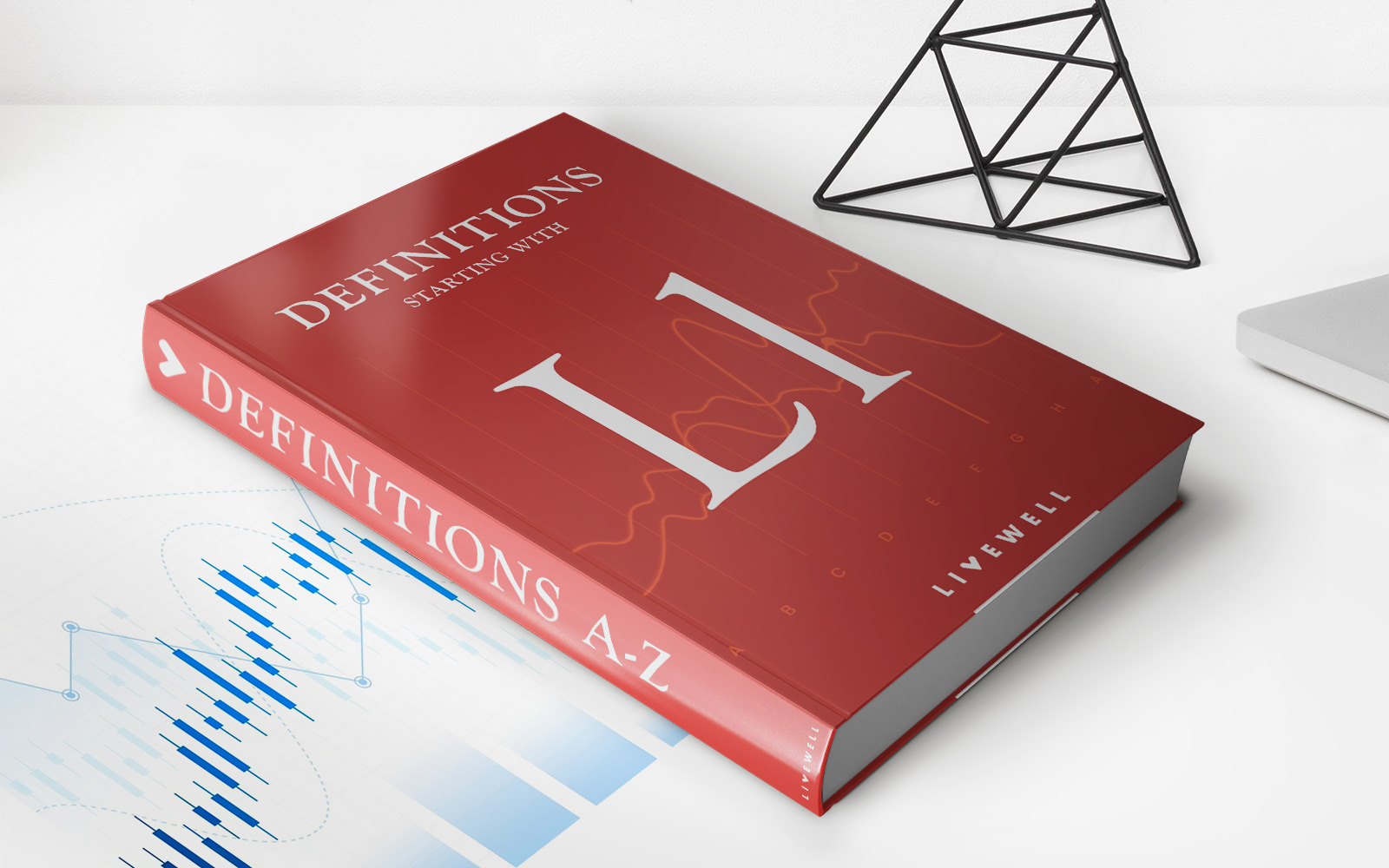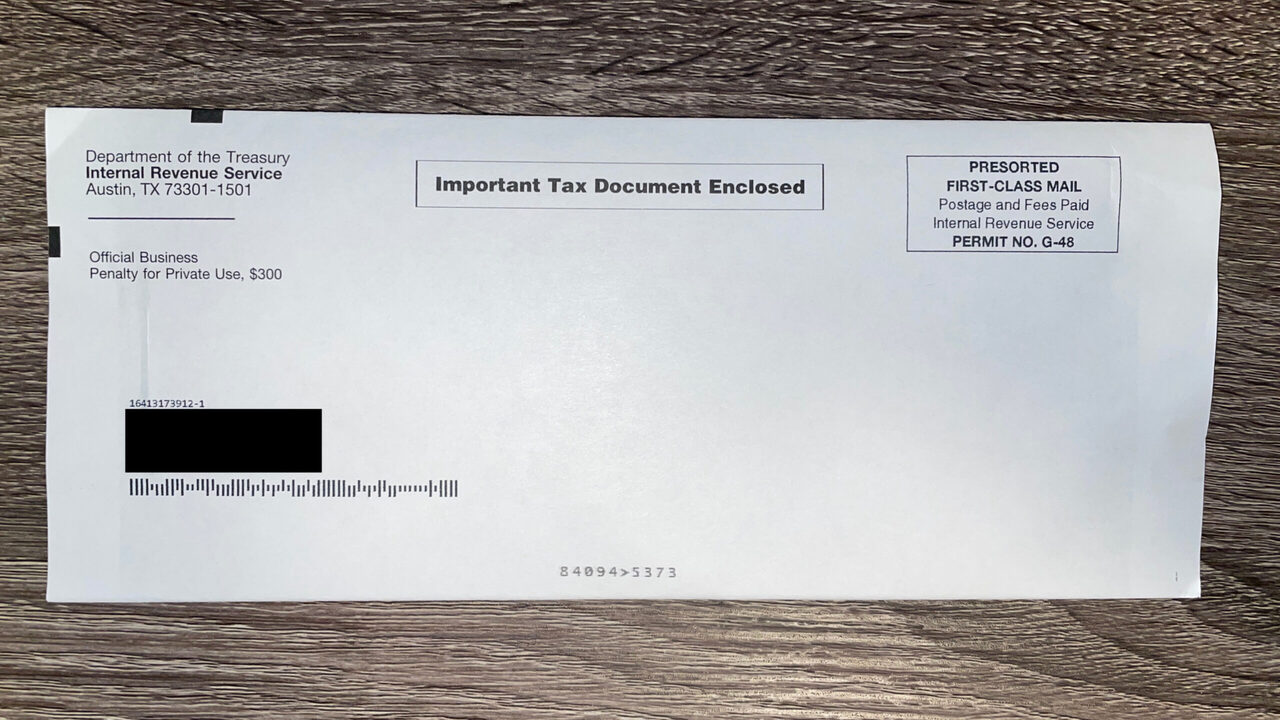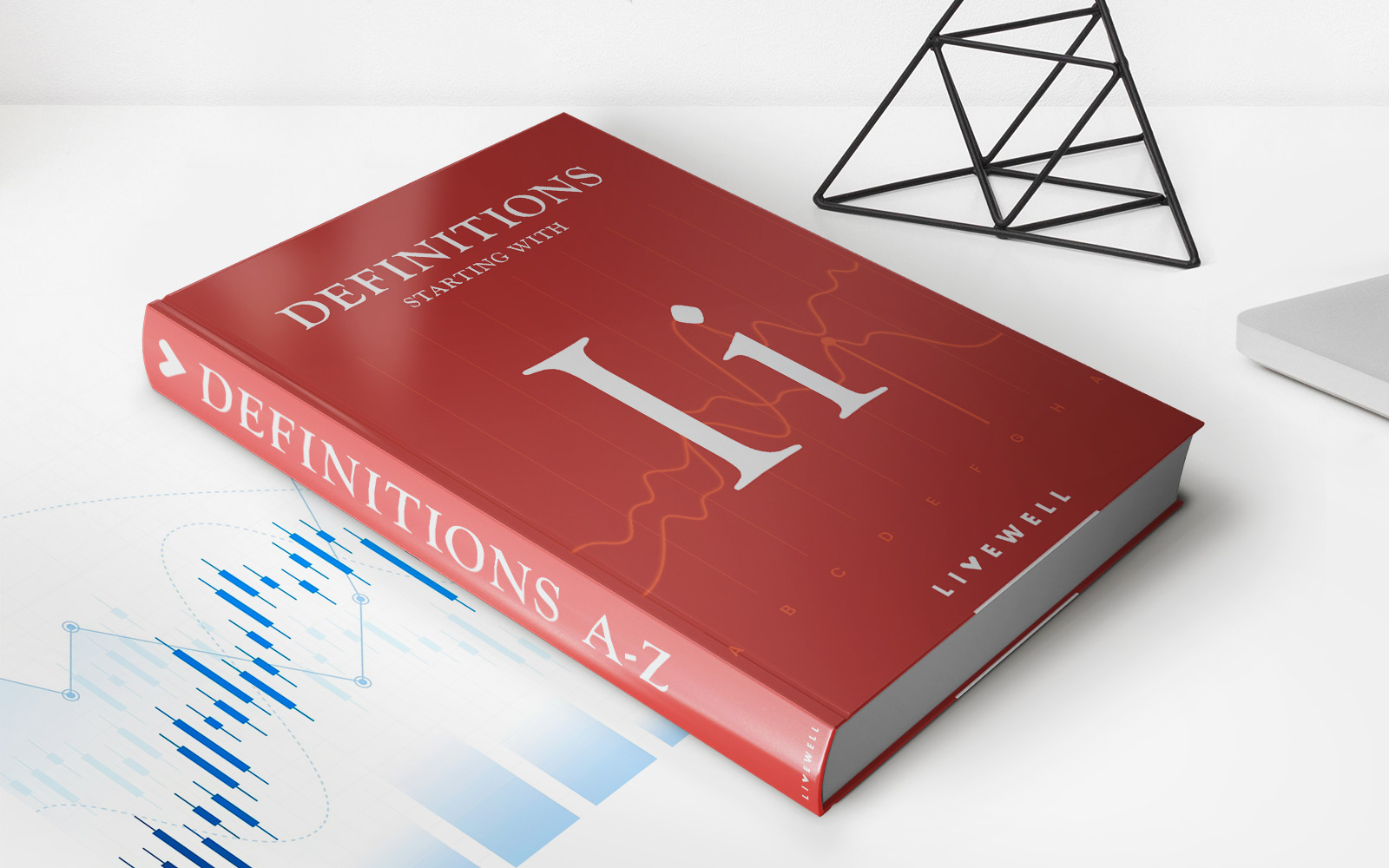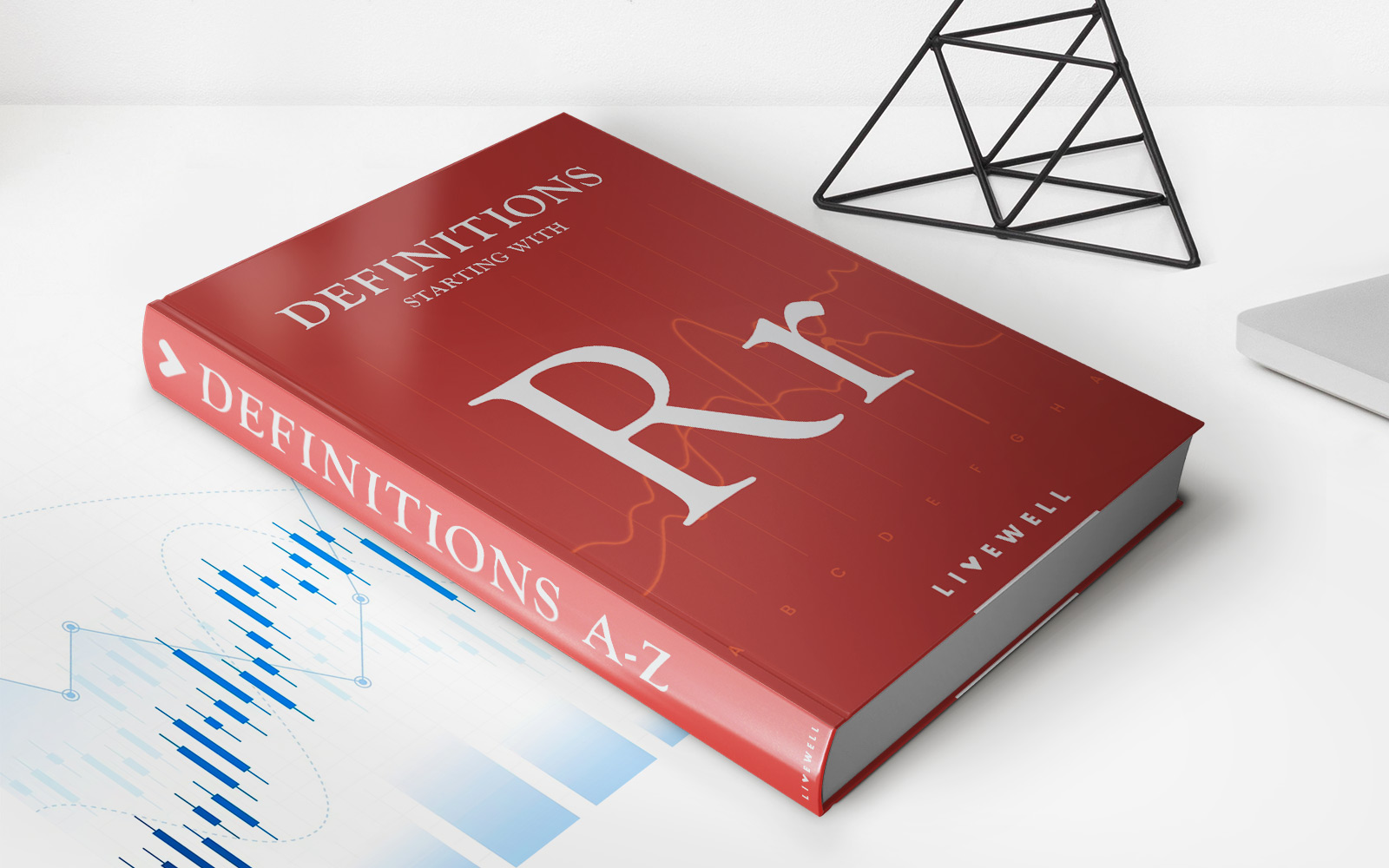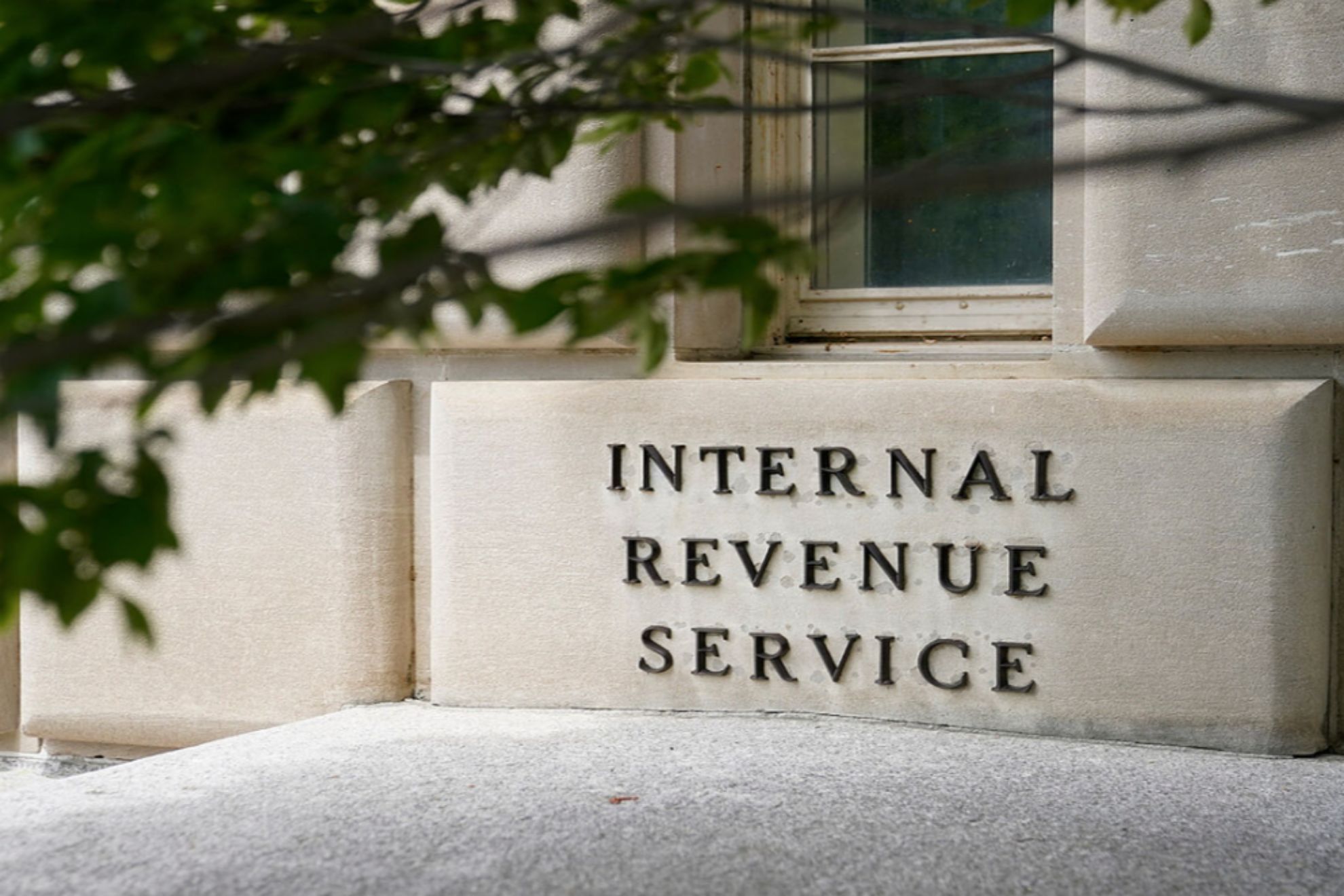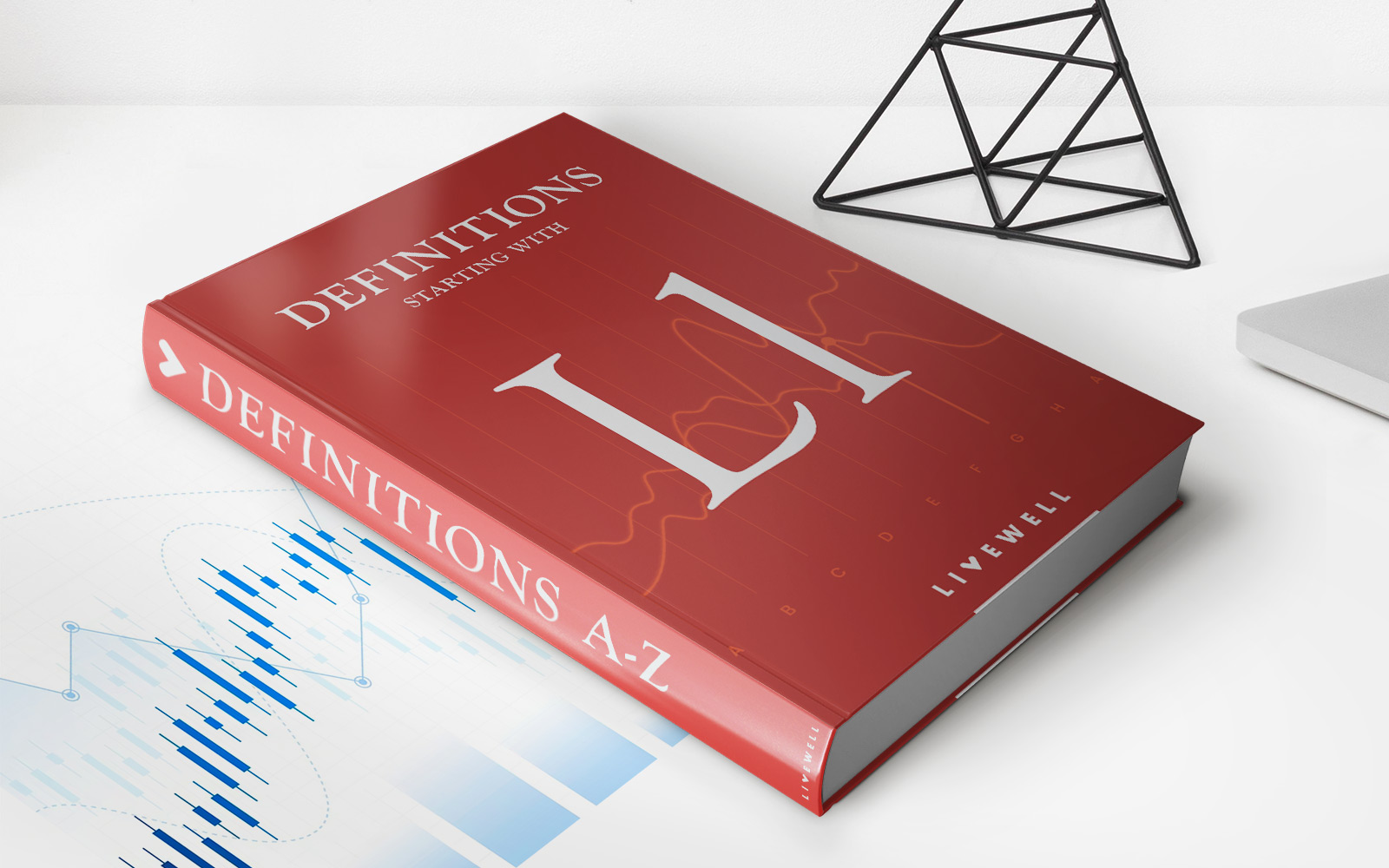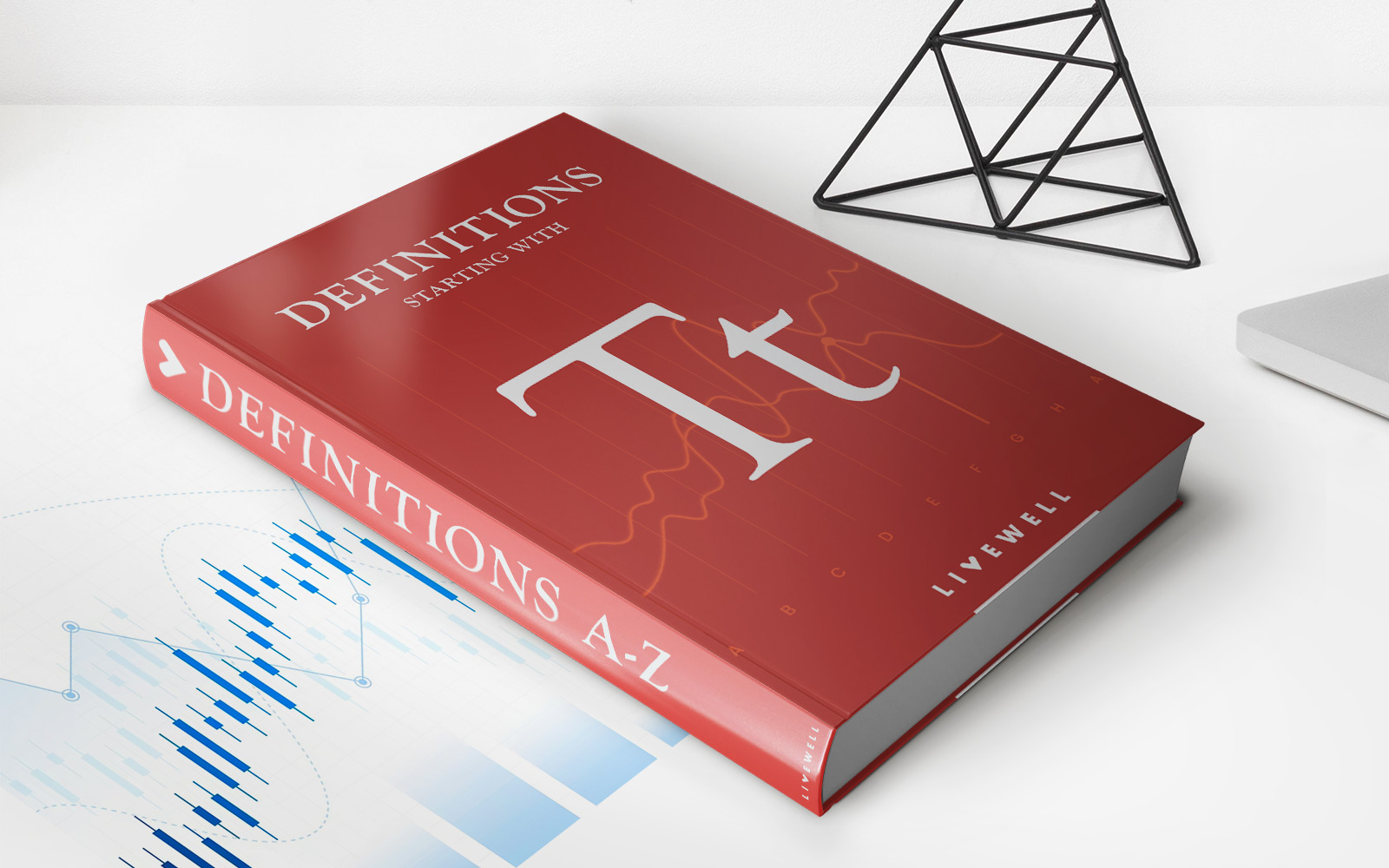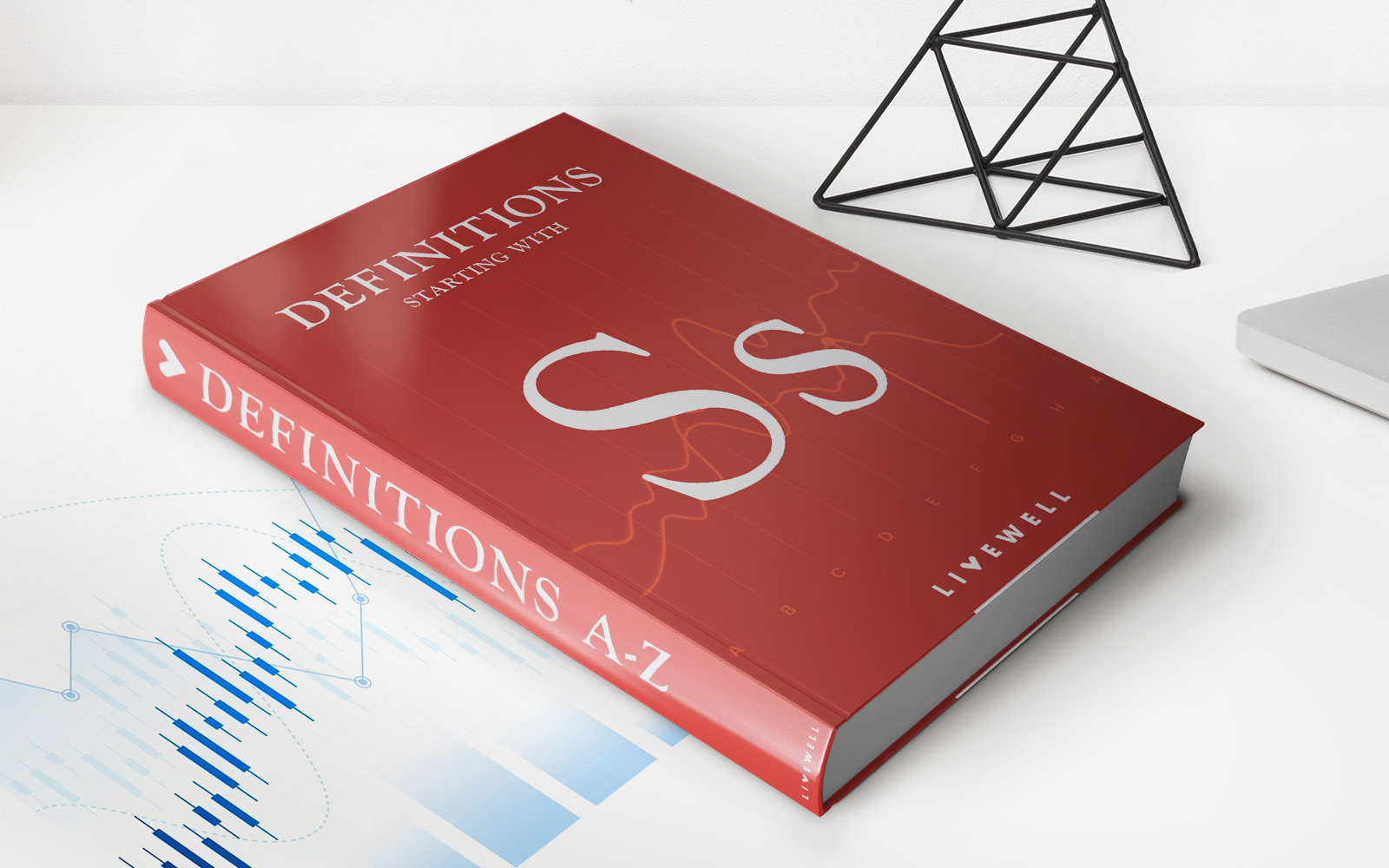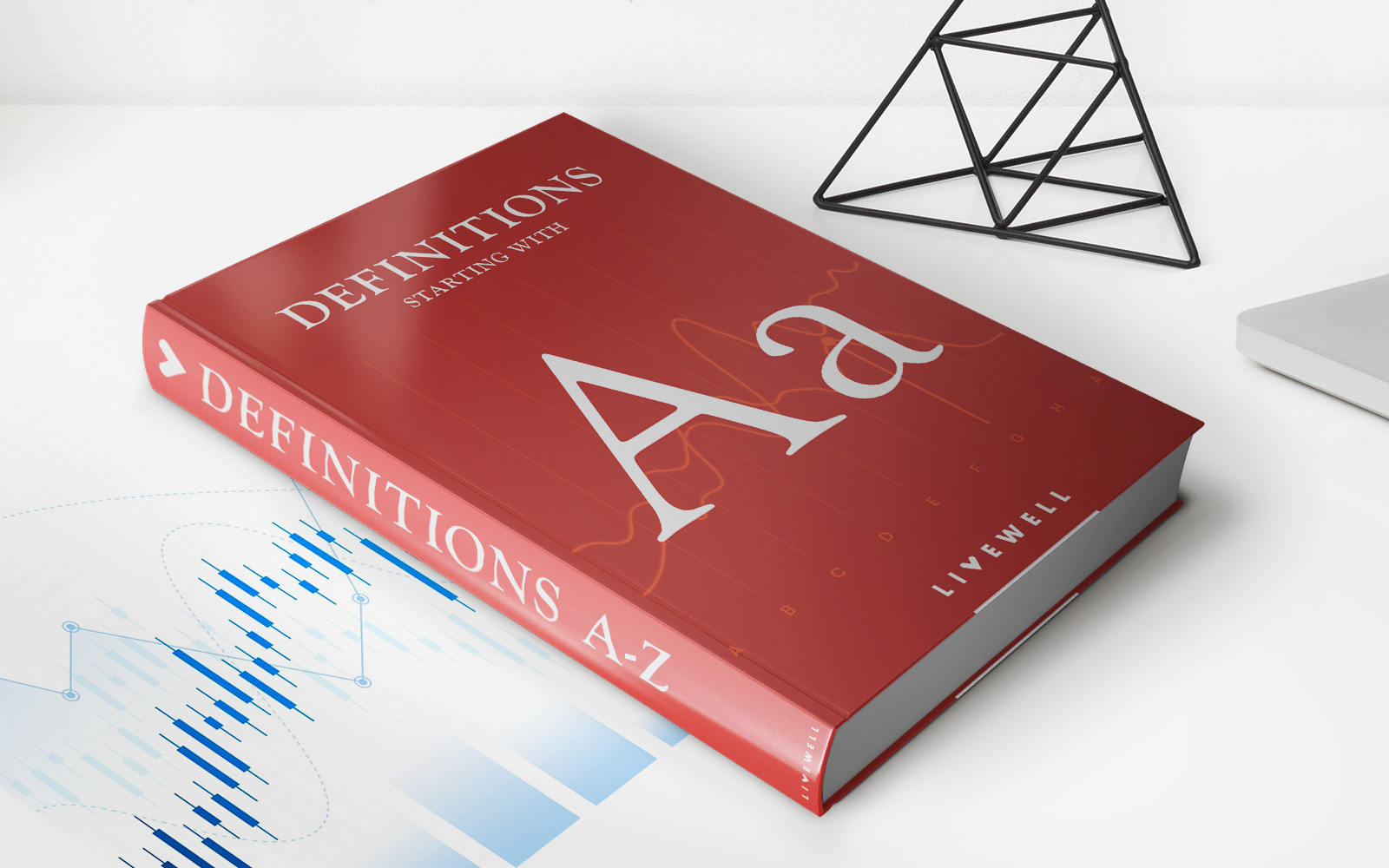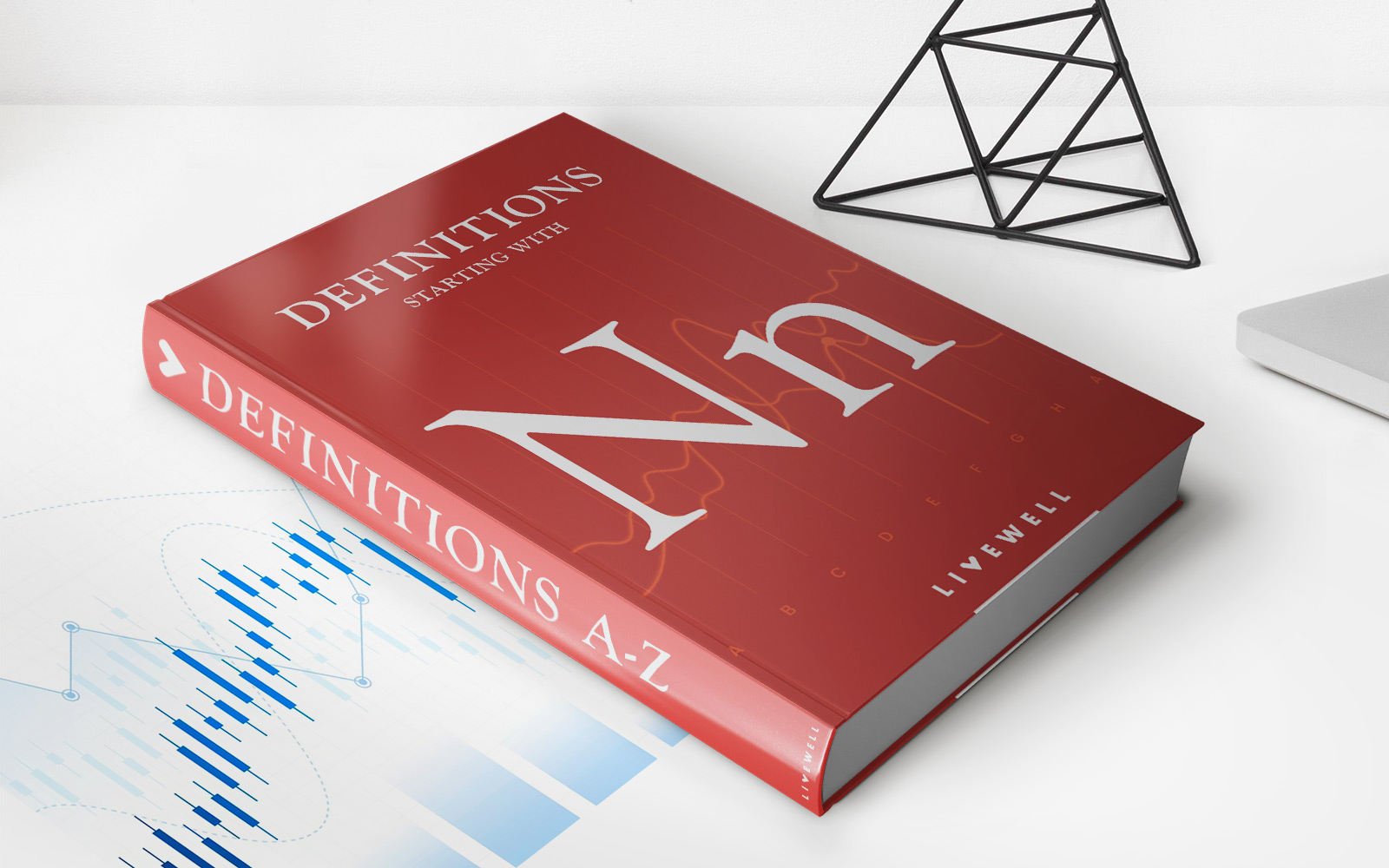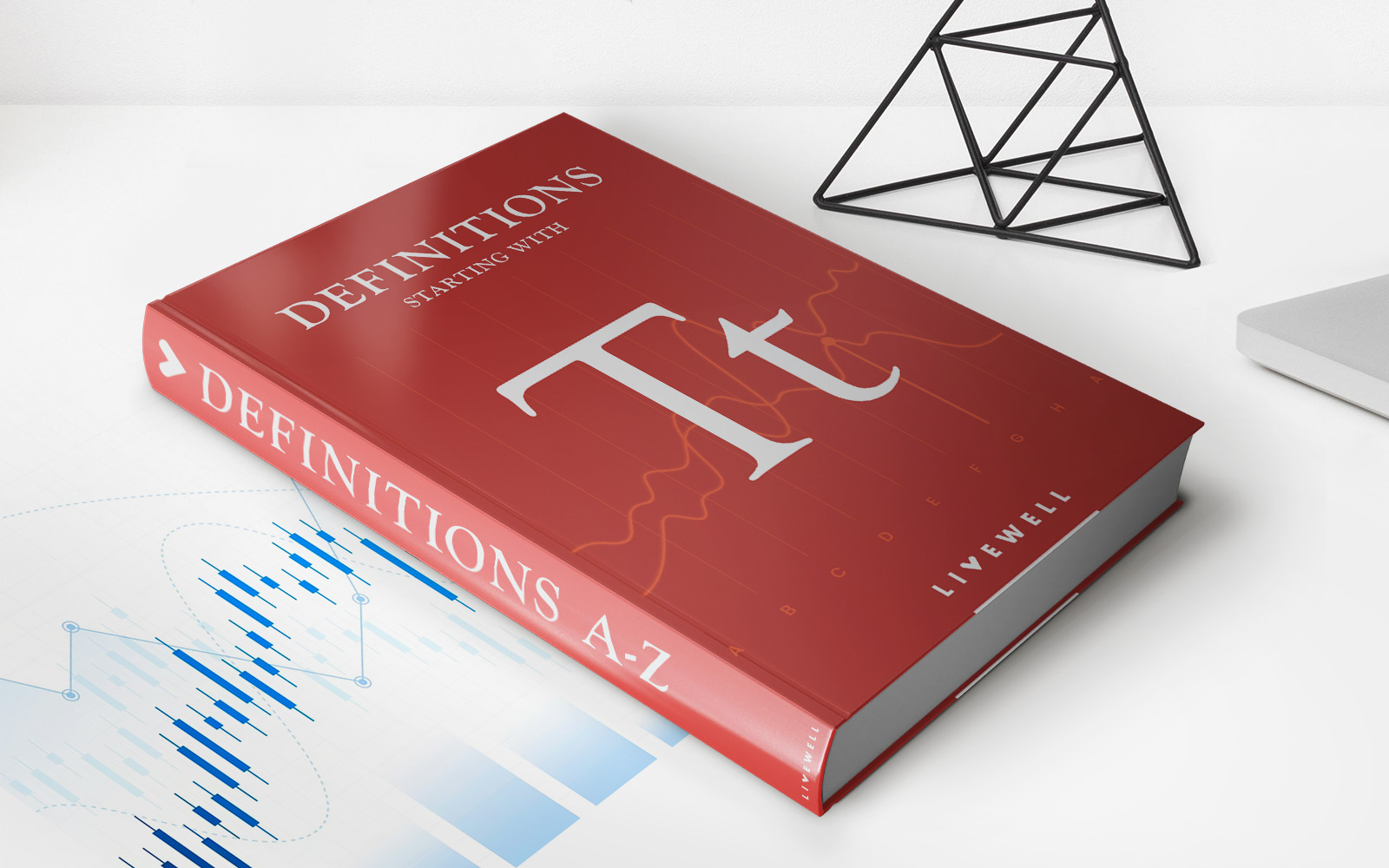Home>Finance>Like-Kind Property: Definition And IRS 1031 Exchange Rules
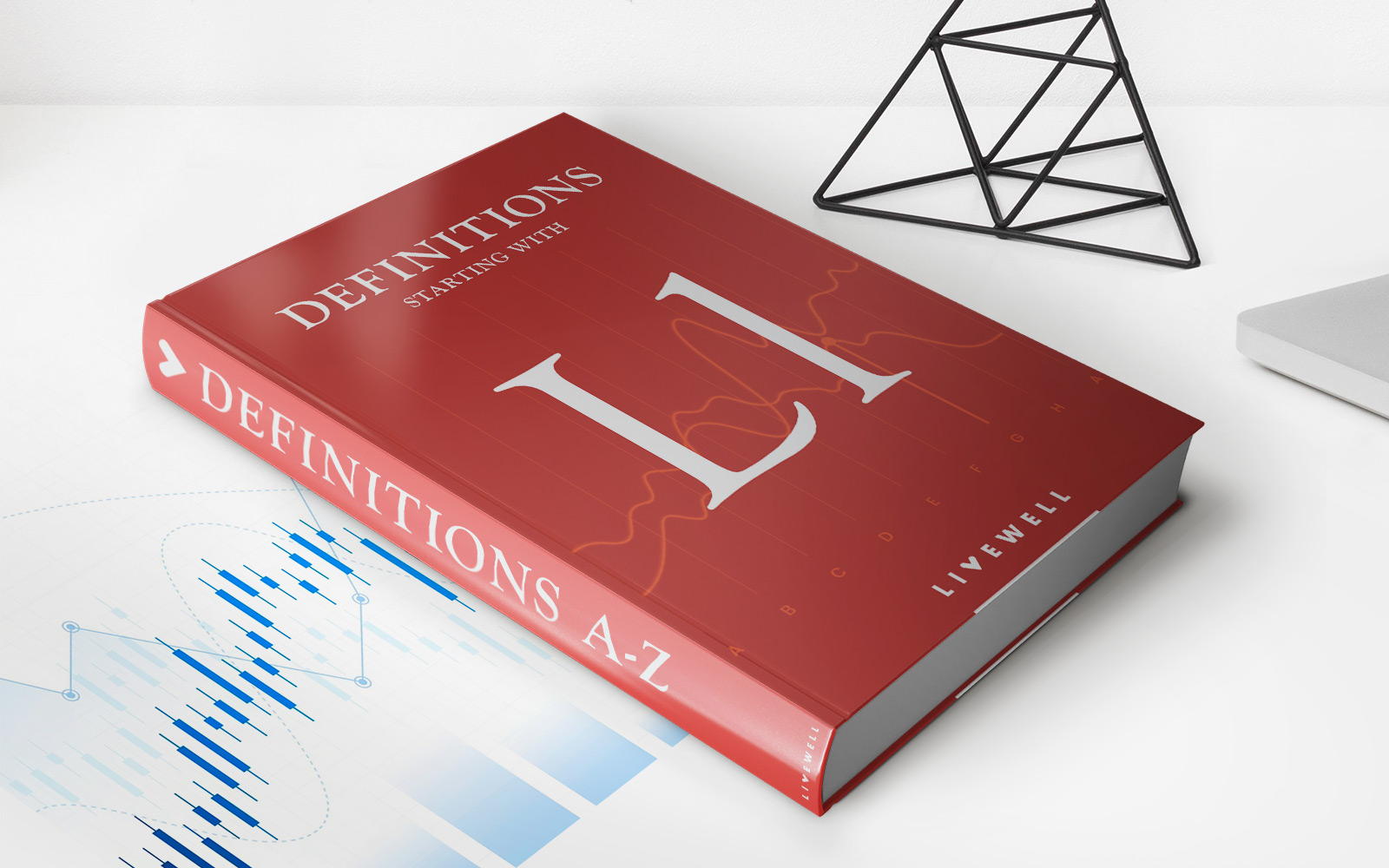

Finance
Like-Kind Property: Definition And IRS 1031 Exchange Rules
Published: December 18, 2023
Learn about like-kind property definition and the IRS 1031 exchange rules in finance. Discover how to navigate these regulations for tax benefits and investment opportunities.
(Many of the links in this article redirect to a specific reviewed product. Your purchase of these products through affiliate links helps to generate commission for LiveWell, at no extra cost. Learn more)
Like-Kind Property: Definition and IRS 1031 Exchange Rules
Are you familiar with the term “like-kind property”? If you’re interested in finance and investment strategies, this is a topic you should definitely learn about. In this blog post, we’ll explore what like-kind property means and dive into the rules set by the IRS for a 1031 exchange. So grab a cup of coffee and let’s delve into the fascinating world of like-kind property and how it can benefit you financially.
Key Takeaways:
- Like-kind property refers to the replacement of one investment property with another similar property without triggering immediate tax consequences.
- A 1031 exchange is a provision in the IRS tax code that allows investors to defer capital gains taxes by reinvesting the proceeds from the sale of a property into another like-kind property.
What is Like-Kind Property?
Like-kind property refers to the exchange of one investment asset or property for another, typically of the same nature or character. It is important to note that the term “like-kind” does not mean the properties have to be identical. Instead, they should be of the same general nature, such as exchanging a residential rental property for a commercial building or vacant land. The key is that both properties are held for investment purposes or used in a trade or business.
One of the significant advantages of like-kind property exchanges is the deferral of capital gains taxes. Rather than paying taxes on the appreciation of the sold property immediately, investors can preserve their capital and reinvest it into another property.
Understanding the IRS 1031 Exchange Rules
The Internal Revenue Service (IRS) provides guidelines for like-kind property exchanges under Section 1031 of the U.S. tax code. These rules enable investors to defer capital gains taxes by reinvesting the proceeds from the sale of an investment property into another like-kind property. Let’s explore some essential IRS 1031 exchange rules:
- Qualified Use: To qualify for a 1031 exchange, both the original property and the replacement property must be used for investment purposes or in a trade or business.
- Identification Period: Within 45 days of selling the original property, the investor must identify potential replacement properties in writing.
- Exchange Period: Investors have 180 days from the sale of the original property to complete the acquisition of the replacement property or properties.
- Equal or Greater Value: The value of the replacement property or properties must be equal to or greater than the value of the original property.
- Intermediary Involvement: The use of a Qualified Intermediary (QI) is necessary to facilitate the 1031 exchange. The QI holds the funds from the sale of the original property and ensures compliance with IRS regulations.
By adhering to these rules, investors can take advantage of the tax-deferred benefits of a 1031 exchange. However, it is crucial to consult with a tax professional or a qualified intermediary to ensure compliance with all IRS regulations.
Conclusion
Understanding the concept of like-kind property and the IRS 1031 exchange rules can empower you to make informed investment decisions while deferring capital gains taxes. By leveraging these provisions intelligently, you can potentially grow your wealth and achieve your financial goals. Remember, always consult with experts in this field to maximize the benefits and minimize any potential risks. Happy investing!
